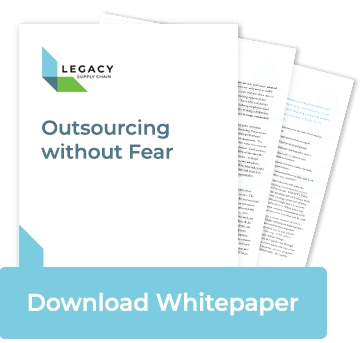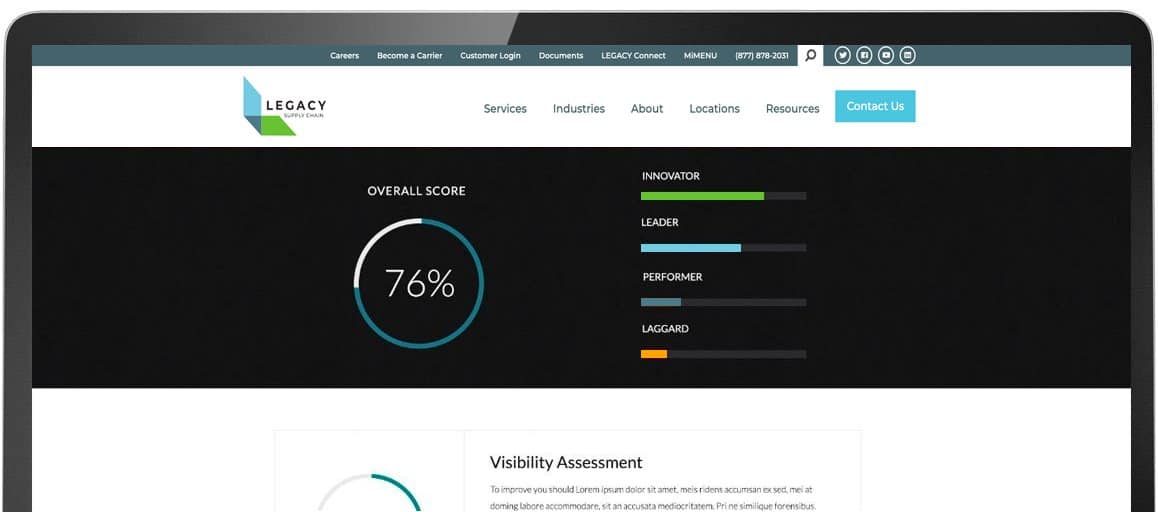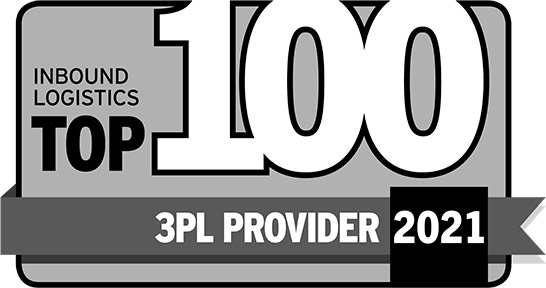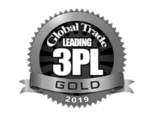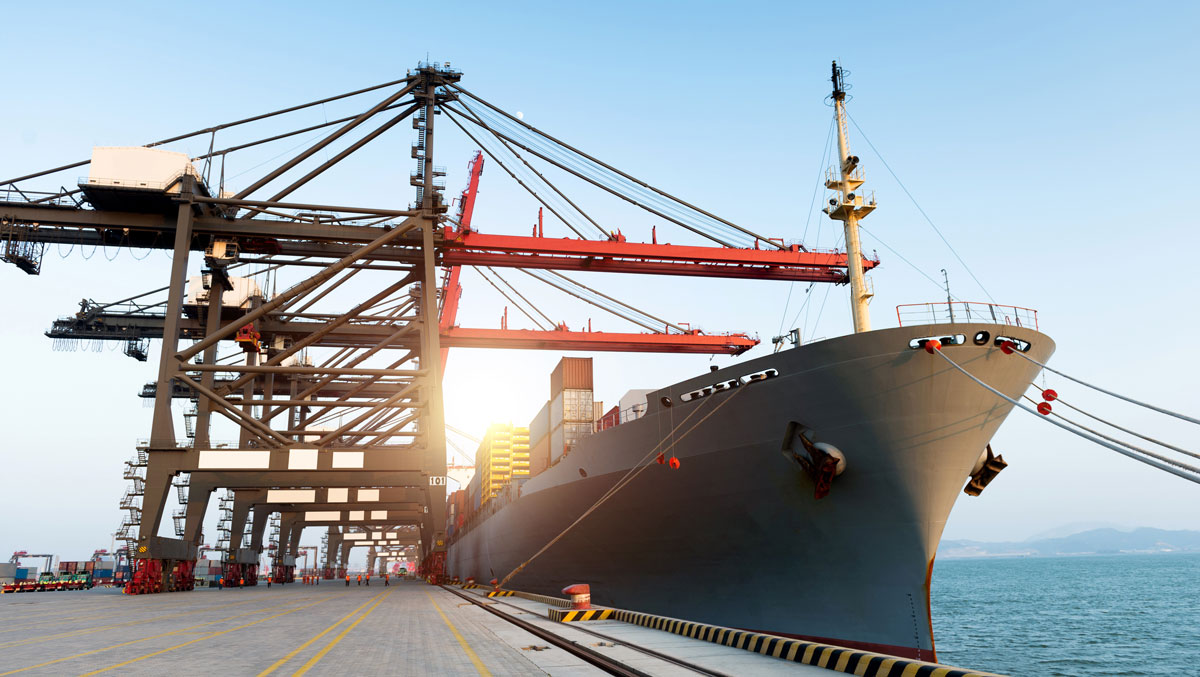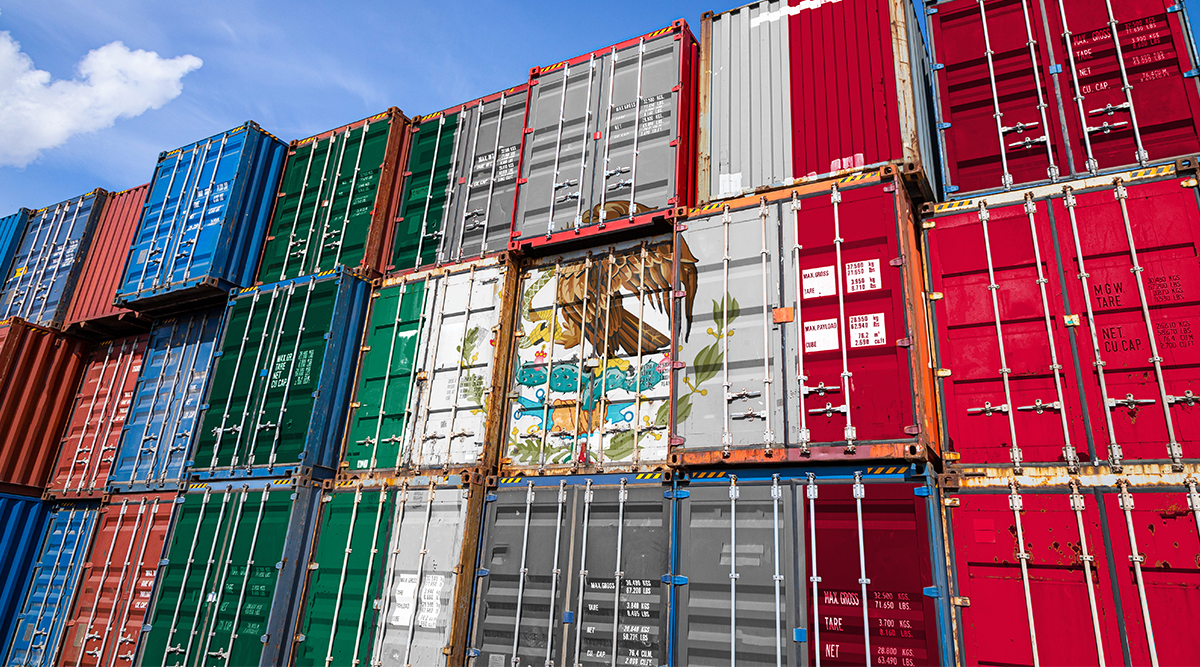Does Your Company Have An International Trade Compliance Program?
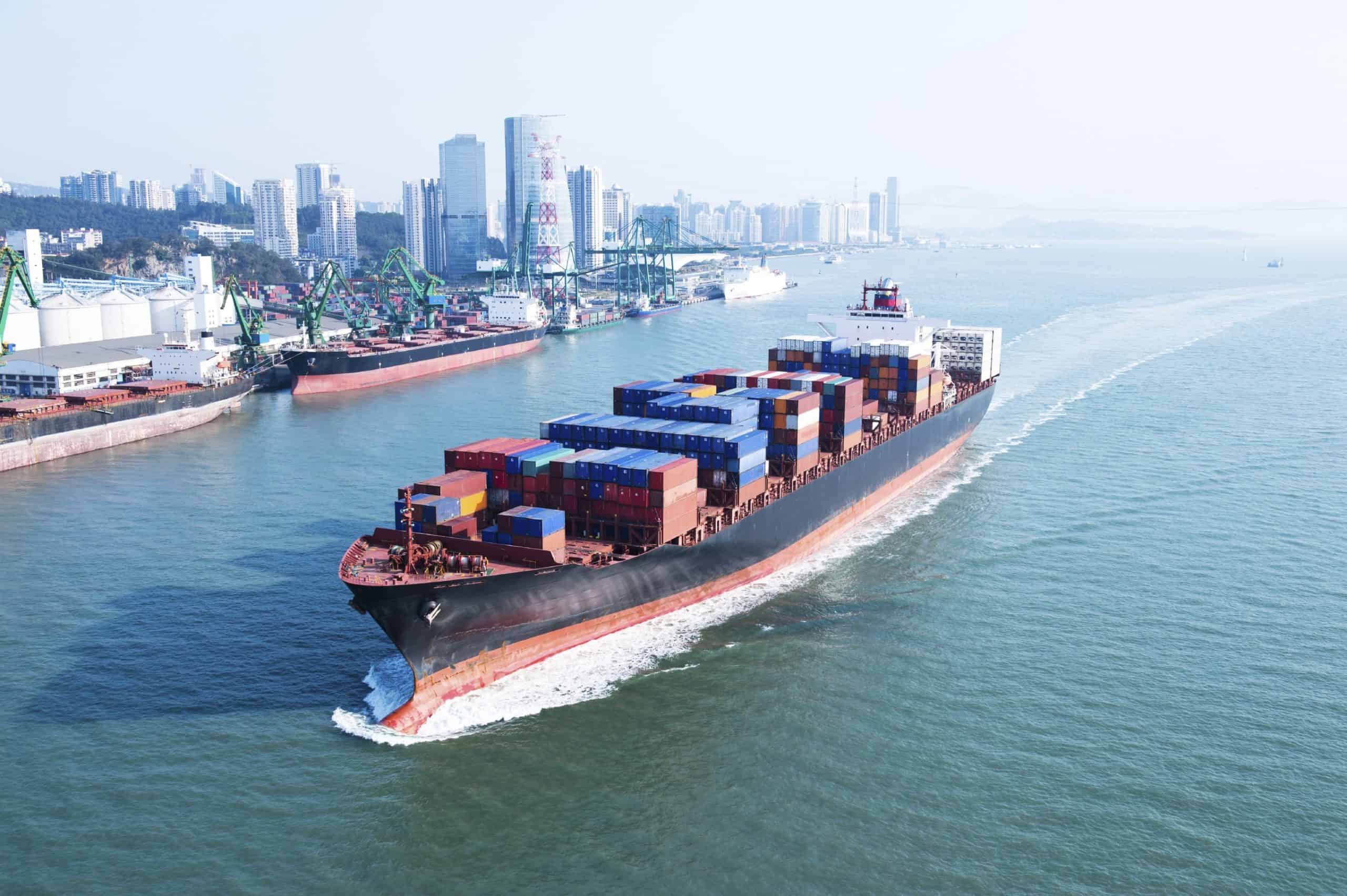
There is no shortcut when it comes to international trade compliance. All companies that engage in international commerce must follow the rules of the road – but a recent report found that many ignore export laws, because they may not realize the rules apply to them.
The world of international trade commerce is constantly evolving, and the ability to forecast and adapt to change is a major differentiator for shippers and companies selling products in the US or abroad. New rules and regulations are continually imposed regulate the flow of goods in ever-expanding markets around the world
A good example is the Export Administration Regulations or (EAR), established and are enforced by the U.S. Department of Commerce through the Bureau of Industry and Security (BIS). The EAR regulate exports and re-exports of many, if not most, commercial items. It also features the Commerce Control List, which identifies items that require licensing prior to exportation.
Download the International Transportation Guide >
Anyone violating the EAR can be charged with a civil penalty, or even face criminal charges. Conviction of a civil offense related to the EAR may result in revocation of export privileges and fines of up to $250,000 per violation.
“It isn’t the changes in export laws that put the nation at risk; it is the ignorance of them”
-Dunlup-Stone University
It doesn’t matter if a company knowingly or unknowingly violates international trade regulations. It can still face hefty penalties, and needless risk to the overall health of the business.
Take, for example, an action against Computerlinks FZCO, of Dubai, U.A.E., in 2013. The company agreed to pay a $2.8 million civil penalty and conduct external audits covering a three-year period to settle charges that it committed three evasion violations of the EAR.
Companies that master international trade typically have a strong compliance program that allows all levels of leadership to understand the rules and recognize the risks.
While the anatomy of a trade compliance program varies from company to company, the concept is generally the same. A company should create a program that explains the multi-faceted process involving U.S. Customs at all levels of an organization. Elements of a good compliance program include, but are not limited to; a risk assessment, policies and procedures, training and record keeping.
“How can you head off problems in the first place? By implementing a painfully detailed program that scrutinizes your supply chain internally, upstream to suppliers, and downstream to end customers.”
-Robert J. Bowman, SupplyChainBrain
Learn about Our Experience in Dynamic Supply Chain Environments >
Important Considerations When Building a Compliance Program
Step 1: Familiarize yourself with these agencies
- Bureau of Industry and Security (BIS)
- Office of Foreign Assets and Controls (OFAC)
- Customs Border and Protection (CBP)
- Transportation Security Administration (TSA)
- US Department of Commerce (DOC)
Step 2: Get educated
There are many classes available that are worth the time and money.
Step 3: Formalize your company’s export and import compliance policy, procedures, training, and records
There are several guides to international compliance. Here are a few:
- What Every Member of the Trade Community Should Know About: Reasonable Care (A Checklist for Compliance)
- C TPAT: Customs-Trade Partnership Against Terrorism
- ISA – Importer self-assessment program (A voluntary compliance program, participant will need to become a member of C-TPAT first)
- FA- Focused assessment program
Engaging a supply chain expert can add real value to an international supply chain. We have a talented team of compliance experts who can handle the complexities of international security and trade regulations for you. Our International Customs and Compliance team is dedicated to ensuring goods flow in and out of countries around the world to meet your business needs. Contact us to learn how LEGACY can add value to customs and international compliance.
Get Insights. Stay Ahead.
Get the latest news and insights via email on warehouse improvement, transportation optimization, labor strikes and international shipping rate changes.Popular Posts
Search Posts
-
Global Momentum Builds for Charge on Global Shipping Sector’s CO2 Emissions
A growing coalition of 47 countries, including key players like the European Union, Canada, Japan, and various Pacific Island nations, is...
+ Read more -
5 Key Components in International Contingency Planning
The global logistics outlook indicates a lingering crisis mode, requiring adaptation to the new normal of accelerated global disruptions,...
+ Read more -
Mexico Surpasses China as Top US Trade Partner in 2023
Mexico Surpasses China as Top US Trade Partner New data released earlier this month by the Commerce Department shows that Mexico has...
+ Read more

